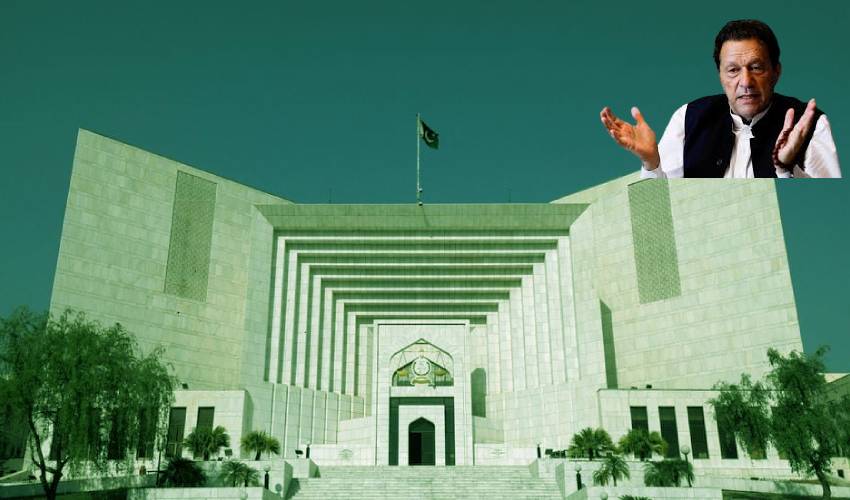The attorney general for Pakistan (AGP) has submitted his written statement before the Supreme Court in the NAB law amendments case, saying the law did not apply to army personnel and the superior judiciary.
The AGP’s statement says the Constitution spells out a clear procedure for the accountability of the higher court judges.
Under the new NAB amendments, it would be unreasonable to count the judiciary as public office holders, AGP Mansoor Usman Awan says.
He further tells the apex court that the Supreme Judicial Council (SJC) has the authority to take action against the judges. The purpose of establishing the SJC was to ensure the independence of the judiciary, he added.
He also says that military officers are not exempted from the process of accountability, adding that the NAB cannot take action against military officers.
The Army Act and Army Rules contain a mechanism for punishing officers for corruption and indiscipline, the AGP explains.
He further raises questions on the admissibility of PTI Chairman Imran Khan's petition against the NAB law amendments. According to Imran Khan, the process of accountability of elected representatives has weakened due to the amendments.
The PTI chief calls the elected representatives in parliament the protectors of the people, which is correct, Mr Awan says, adding that on the other hand, he asks his party members to resign and reject the trust of the people.
Imran Khan suppressed the voice of the people of his constituency by quitting parliament, the AGP says in his statement, adding the PTI chairman has nefarious designs behind challenging the NAB law amendments.
In the presence of the Supreme Court Practice and Procedure Act, it is premature to decide this case, the AGP maintains.
He further says that the jurisdiction of Article 184(3) should be temporarily waived in the presence of the Practice and Procedure law.
The current petition is inadmissible as long as the case is pending before the Islamabad High Court, the AGP concludes.



























